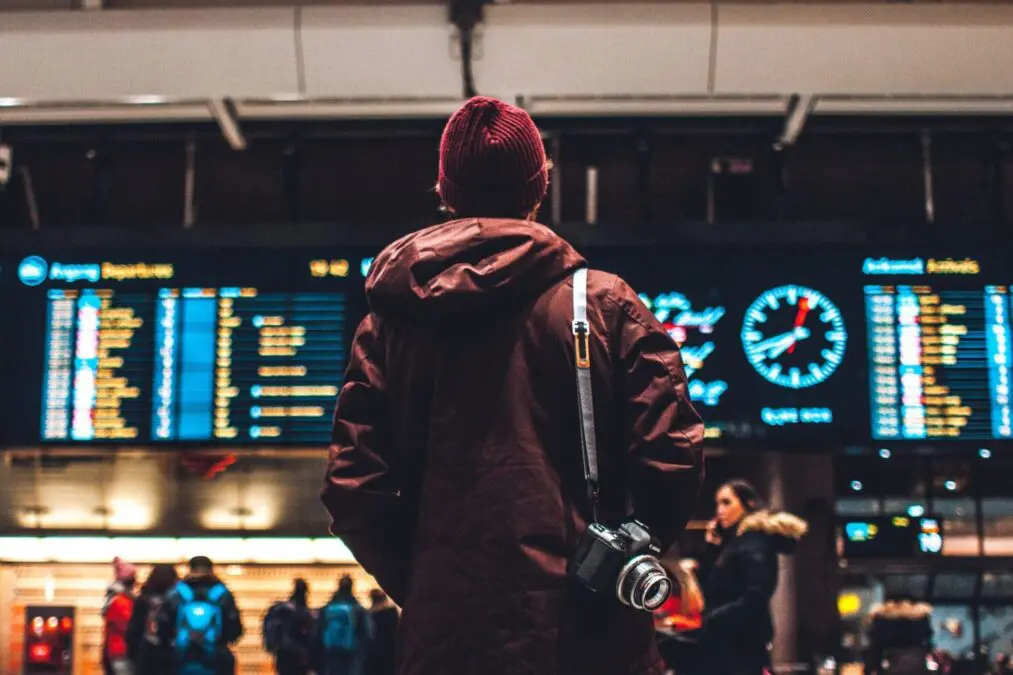In the web of integration, the Schengen zone shines as a symbol of liberty and solidarity dismantling borders and granting European Union (EU) citizens the precious privilege of travelling without passports. Since its inception, in 1995 this borderless territory has become one of the achievements of the European project empowering individuals to live, study, work and explore freely within its boundaries. As we embark on an exploration of the intricacies of the Schengen area let us delve into the elements that make it a cornerstone of coexistence in Europe.
A Symphony of Nations; Understanding Schengen
At its essence, the Schengen area showcases the integration among EU countries. This passport-free region includes all EU member states except Ireland and Cyprus which will soon join. Surprisingly four non-EU countries—Iceland, Norway, Switzerland and Liechtenstein—also stand side by side within this agreement to offer a travel experience.
Unleashing Liberty; The Purpose and Benefits
The significance of the Schengen area extends beyond convenience; it embodies freedom. EU citizens revel in their ability to tour any member state for up to three months without needing anything, other than a passport or identity card.
The freedom offered by the Schengen area goes beyond leisure activities as it empowers individuals to live and work in any member state while enjoying the treatment, as local residents. Entrepreneurs find comfort in the freedom to establish their businesses while students appreciate the right to pursue education across EU countries.
Maintaining Security; A Borderless Approach
While the Schengen rules eliminate border controls security remains a priority. Once inside the Schengen area travelers can move freely between countries without facing border checks. However, this smooth movement is not without precautions. National authorities may conduct checks near borders based on police intelligence and experience striking a balance between freedom and security.
Addressing Challenges; External Borders
The challenges posed by increased migration flows in 2015 and subsequent security concerns led some member states to reintroduce border controls. The outbreak of the COVID-19 pandemic in 2020 further intensified this trend. Recognizing these challenges the European Commission proposed updates in 2021 to ensure that internal border controls are used as a resort. This careful approach highlights a commitment to preserving the integrity of the Schengen zone.
EU Responses; Adapting to Changing Circumstances
Dealing with migration issues and securing borders has prompted the establishment of tools and agencies, within the EU. The Schengen Information System, Visa Information System and the European Border and Coast Guard Agency (Frontex) have emerged as protectors of the Schengen principle. Moreover the Asylum, Migration and Integration Fund (AMIF) and the Internal Security Fund (ISF) play roles in addressing these challenges highlighting the EU’s commitment, to responsibility and cooperation.
Looking ahead; Future Developments
The journey towards strengthening the Schengen area does not stop here. The European Travel Information and Authorisation System (Etias) is set to play a role in improving security measures. Expected to be operational by mid 2025 Etias will screen travelers without requiring a visa serving as a prelude to their arrival in the EU. Additionally, plans are underway to reinforce the EU Border and Coast Guard Agency with a team of 10,000 border guards by 2027 showing a commitment to enhancing Europe’s security in the years to come.
As we navigate through the network of the Schengen area its importance becomes evident; it is more than a geographical region; it represents shared values, cooperation and an unwavering pursuit of a united Europe that celebrates diversity. So let borders fade away as new adventures begin within this essence of Schengen spirit.






